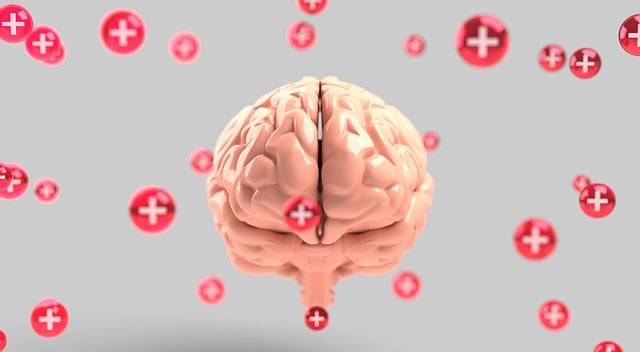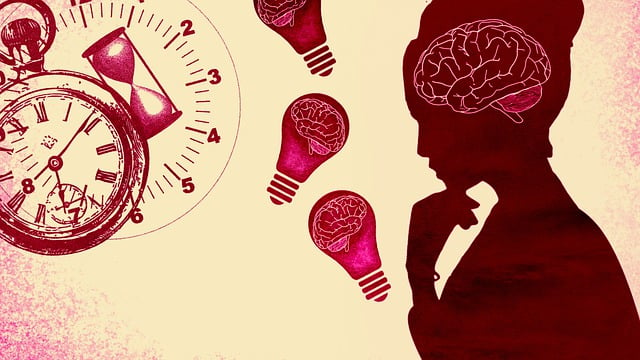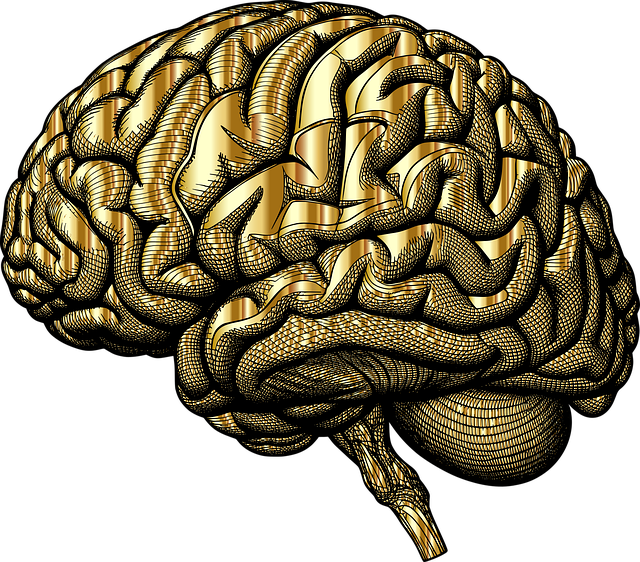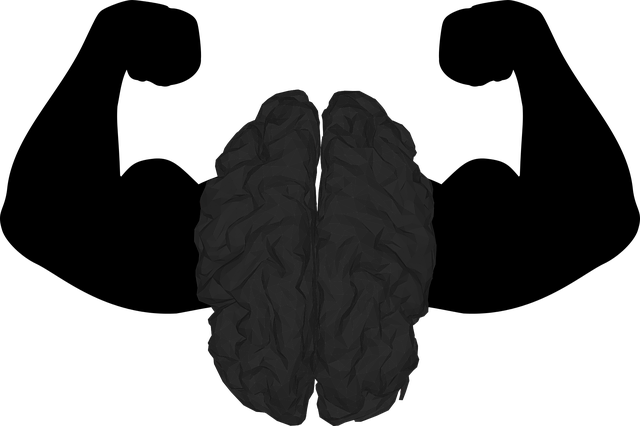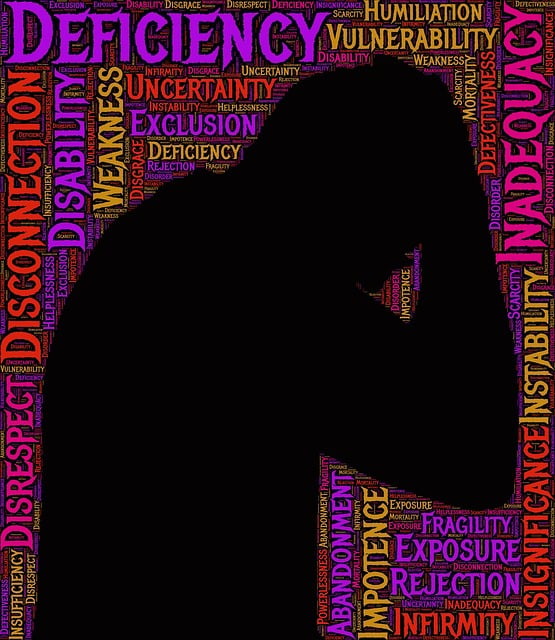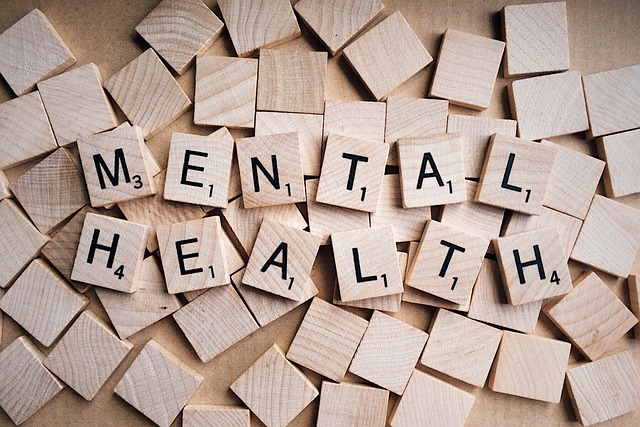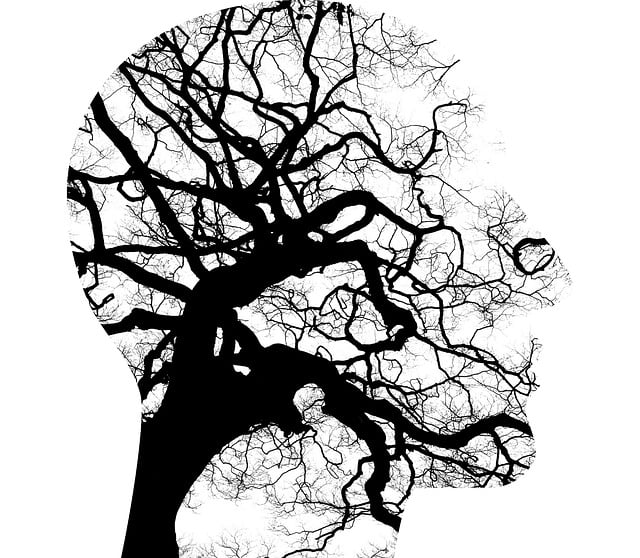Understanding child grief is crucial for their emotional development. Therapy provides a safe space for expression and healing, while effective parenting skills help them navigate this complex process. Through attuned support, open communication, and age-appropriate explanations, children learn to cope with loss, promoting mental health awareness. Integrating counseling techniques empowers kids to manage emotions effectively, fostering resilience and adaptability. By combining therapy with parenting skills, families can guide their children through grief, ensuring long-term emotional well-being.
Loss, grief, and bereavement can profoundly impact children, making counseling a vital tool for healing. This article explores the unique challenges faced by young minds navigating these difficult times. We delve into the role of therapy in supporting emotional well-being and offer practical strategies for parents cultivating robust parenting skills to guide their children through trauma. From understanding child development during bereavement to implementing effective therapy techniques, this guide equips parents with the knowledge to foster healing and growth.
- Understanding Loss, Grief, and Bereavement in Children
- The Role of Counseling in Supporting Young Minds
- Strategies for Parenting Through Difficult Times
- Common Challenges Faced by Children and Families
- Effective Therapy Techniques for Healing and Growth
Understanding Loss, Grief, and Bereavement in Children

Understanding Loss, Grief, and Bereavement in Children is a complex yet crucial aspect of their emotional development. When a child experiences the loss of a loved one, whether it’s a parent, grandparent, or another significant figure, they enter into a process that combines sadness, confusion, and often intense emotions. Therapy for Children becomes an effective tool to help them navigate these uncharted waters, offering safe spaces for expression and healing.
Parenting Skills play a pivotal role in this journey as well. Parents who are attuned to their children’s emotional needs can provide the necessary support, ensuring that their kids feel loved, understood, and not alone during this challenging time. Through open communication, simple explanations of grief, and encouraging age-appropriate expressions of feelings, parents can foster their child’s natural coping mechanisms and promote mental health awareness. This early intervention and nurturing environment are key to facilitating the emotional healing processes, helping children integrate their losses into their lives in healthy ways.
The Role of Counseling in Supporting Young Minds

Loss, grief, and bereavement can profoundly impact young minds, shaping their emotional intelligence and overall well-being. This is where counseling plays a pivotal role, offering a safe space for children to process their feelings and develop healthy coping mechanisms. Therapy for children provides an opportunity to enhance their parenting skills, fostering empathy building strategies that support both the child and their family.
Through specialized therapy sessions, young individuals learn stress reduction methods tailored to their age and developmental stage. Counselors employ creative techniques and activities to encourage emotional expression, helping children understand and manage their feelings effectively. By nurturing emotional intelligence, counseling empowers youngsters to navigate challenging situations with resilience and adaptability.
Strategies for Parenting Through Difficult Times

Parenting through difficult times can be immensely challenging, but with the right strategies and support, families can navigate loss and grief together. One effective approach is incorporating therapy for children into their parenting skills. This can involve seeking professional help from therapists who specialize in bereavement counseling for both kids and parents. These professionals can teach compassion cultivation practices that foster emotional well-being promotion techniques, helping children process their feelings and adjust to changes.
Additionally, trauma support services can be invaluable during these periods. By integrating various strategies into daily routines, parents can create a safe and nurturing environment for their children to express themselves. This might include practicing mindfulness, engaging in age-appropriate conversations about death and loss, and allowing plenty of time for emotional releases like crying or hugging. Such efforts not only support the child’s immediate needs but also contribute to long-term resilience.
Common Challenges Faced by Children and Families

Children and families often face unique challenges when dealing with loss, grief, and bereavement. For kids, processing complex emotions like sadness, anger, or fear can be difficult, especially since their understanding of death is still developing. They may struggle to express these feelings verbally, leading to behavioral changes or withdrawal. Additionally, children might feel guilty or responsible for the loss, which can impact their self-esteem and overall well-being.
Parents play a crucial role in guiding their children through this process. Effective therapy for children often involves incorporating parenting skills that encourage open communication, empathy, and emotional regulation. Self-awareness exercises, conflict resolution techniques, and depression prevention strategies can be beneficial tools to enhance family dynamics during such trying times.
Effective Therapy Techniques for Healing and Growth

Grief therapy for children often involves specialized techniques designed to help young individuals process and heal from loss. One effective approach is incorporating self-awareness exercises tailored for their age group, enabling them to identify and express their emotions healthily. These exercises can include drawing or journaling about their feelings, which allows them to visually represent and release their grief.
Additionally, counseling sessions can focus on developing coping skills that promote resilience. This might involve learning relaxation techniques, problem-solving strategies, and healthy ways to communicate their needs. Healthcare providers play a crucial role in this process, especially when they undergo cultural competency training to address the unique needs of diverse families. By combining these therapeutic methods, children can gain a deeper understanding of their emotions, build adaptive coping mechanisms, and gradually move towards personal growth and healing.
Loss, grief, and bereavement can profoundly impact children and families, but counseling offers a lifeline. By understanding the unique needs of young minds navigating these challenging times, therapists can employ effective therapy techniques to foster healing and growth. Equipping parents with enhanced parenting skills enables them to support their children through difficult times, ensuring a brighter future for all.
